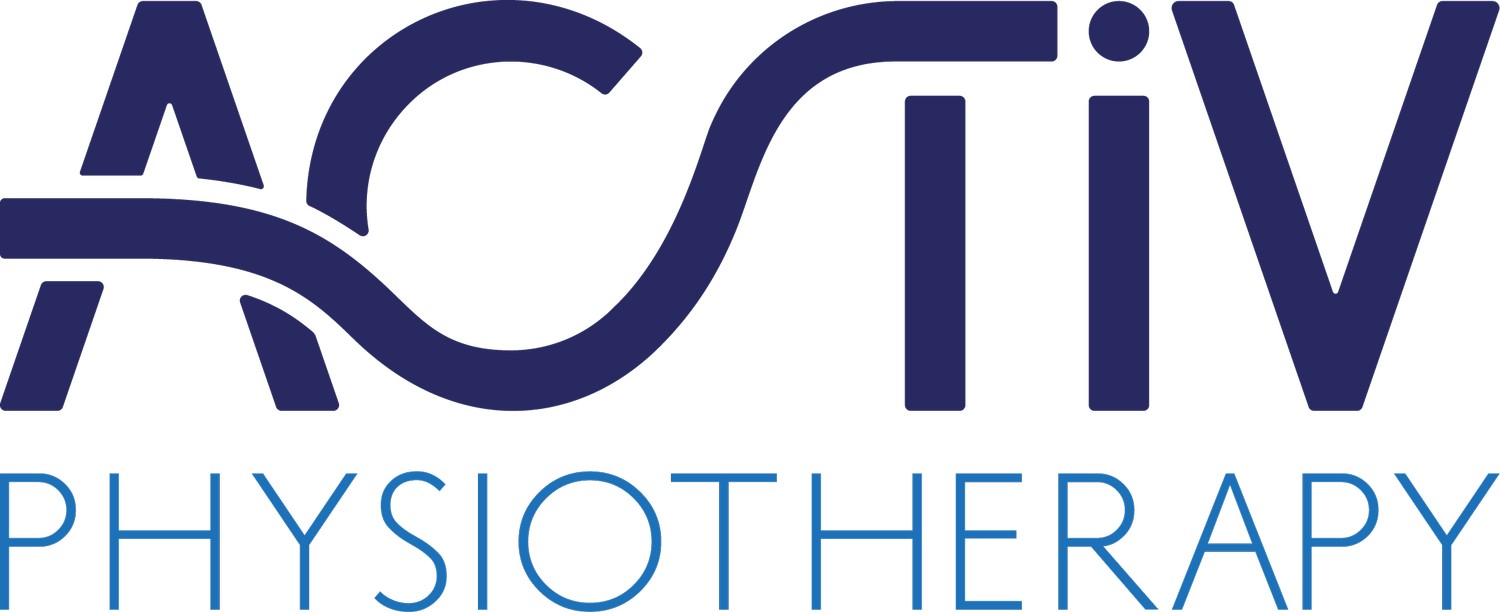Physiotherapy and Recovery After Mastectomy: A Holistic Approach to Healing
A mastectomy is a life-altering procedure performed to treat or prevent breast cancer by removing one or, in some cases, both breasts. While it is often essential for survival, the physical and emotional toll can be significant. In addition to surgical recovery, many patients face challenges like reduced mobility, pain, scarring and a loss of function, along with loss of confidence. This is where physiotherapy plays a crucial role, offering a pathway to optimal recovery and improved quality of life.
The Role Of Physiotherapy Post-Mastectomy
The immediate goal following a mastectomy is tissue healing, but the long-term objective is restoring strength, mobility, and functional independence. Physiotherapy helps address the complications and physical limitations that often arise after the surgery. Here’s how physiotherapy can benefit patients during their recovery after surgery:
Postoperative Circulatory And Breathing Exercises: Surgical pain and tightness around the chest can make deep breathing difficult. Physiotherapists guide patients through breathing exercises to promote lung expansion, reduce tension in the chest muscles, and support relaxation. This can be particularly beneficial in reducing anxiety and stress, which are common after mastectomy.
Postural Training: Mastectomy can alter body posture due to the removal of tissue and changes in muscle balance. Poor posture can lead to back, neck, and shoulder issues, exacerbating discomfort. Physiotherapists focus on postural prompts and retraining exercises for shoulder pain treatment to align the spine and restore balance, preventing future musculoskeletal issues.
Restoring Range Of Motion: Post-surgery, patients often experience tightness, stiffness, and a limited range of motion in the shoulder and arm on the affected side. This is due to the impact of surgery on the chest muscles, lymph nodes, and surrounding tissues. Physiotherapy uses graded, targeted stretching and mobility exercises to help patients regain flexibility and normal movement. The rate at which this happens will vary depending upon the type of surgery, whether lymph nodes have been taken and whether there is any postoperative radiotherapy or chemotherapy. If postoperative radiotherapy is required as part of the management then the position that the radiotherapy is delivered in is with the arms above the head. Having radiotherapy can also make the tissues tighten more readily, requiring more stretching as part of the management.
Advice Regarding Functional Daily Tasks: Patients are advised to use the non-operated limb as normally as possible and to get up and move around frequently. Making sure to take the time to have quality rest interspersed with activity.
When using the operated side, for the first six weeks, patients are advised to lift nothing heavier than a half-full kettle, and to stick to light duties such as dusting, washing up, preparing light meals and hanging out smaller items of washing.
From six weeks onwards, heavier tasks such as mopping, vacuuming and pushing a shopping trolley can commence with care.
Patients are made aware to not carry a handbag or heavy bag on the operated side.
When travelling in the car, using a small cushion to avoid pressure from the seatbelt can be helpful. Driving can normally be resumed around four to six weeks following a check with your insurer.
Scar Tissue Management: Mastectomy often results in the formation of scar tissue (cording), which can lead to tightness and restriction, sometimes into the whole arm! Physiotherapists employ manual therapy techniques like massage and myofascial release to soften scar tissue, promoting better mobility and reducing pain. Patients will also be taught how to conduct self-massage techniques as part of long-term management.
Lymphoedema Prevention And Management: During a mastectomy, lymph nodes may be removed, increasing the risk of lymphoedema, a painful swelling of the arm caused by fluid buildup. Specialised physiotherapists can teach patients drainage techniques, such as manual lymphatic drainage (MLD), and guide them through exercise therapy that help prevent and manage lymphoedema. Lifestyle advice such as avoiding cuts, grazes, burns and stings on the affected arm, not having injections/ blood taken or Blood Pressure checked on the affected side. Avoiding restrictive jewellery or clothing and keeping the skin moisturised and in good condition.
Strengthening And Conditioning: Weakness in the shoulder, arm, and chest muscles is common after a mastectomy, especially if additional treatments like chemotherapy or radiation have been used. A physiotherapist designs a progressive advice and exercise program tailored to everyone’s needs, gradually building strength and endurance while avoiding strain. For following the initial post operative advice and exercises, swimming can recommence around 6 weeks post op, providing the wound has healed. non-contact and non-racquet sports around 8 weeks and strength and conditioning around 12 weeks. Managing expectations at this level is crucial, don’t expect to be able to return at your preoperative level. It may take a few weeks or months even as your body has been through a lot!
A Holistic Approach To Recovery
Physiotherapy after a mastectomy is not just about physical rehabilitation; it also promotes emotional and mental well-being. Rebuilding confidence in one's body, regaining independence, and addressing any fear of movement are key components of a comprehensive recovery plan.
Beyond the exercises and manual therapy, the physiotherapist works closely with each patient to provide education and support. Patients learn how to pace themselves, avoid overexertion, and implement long-term strategies to stay active and healthy.
Cancer Research UK https://www.cancerresearchuk.org/about-cancer/breast-cancer
https://www.nhs.uk/conditions/breast-cancer-in-women/
https://www.nhs.uk/conditions/breast-cancer-in-men/
https://www.physio-pedia.com/Breast_Cancer
For further information on Activ's Post-Mastectomy Physiotherapy Support and Treatment, to discuss post-surgical rehabilitation plans, or to arrange an appointment in our Activ Women's Health Clinic, please contact our Totley Clinic on 0114 2352727 or Hope Clinic on 01433 623602. Please be reassured you can speak in confidence to our physios irrespective of whether you are booking treatment.

